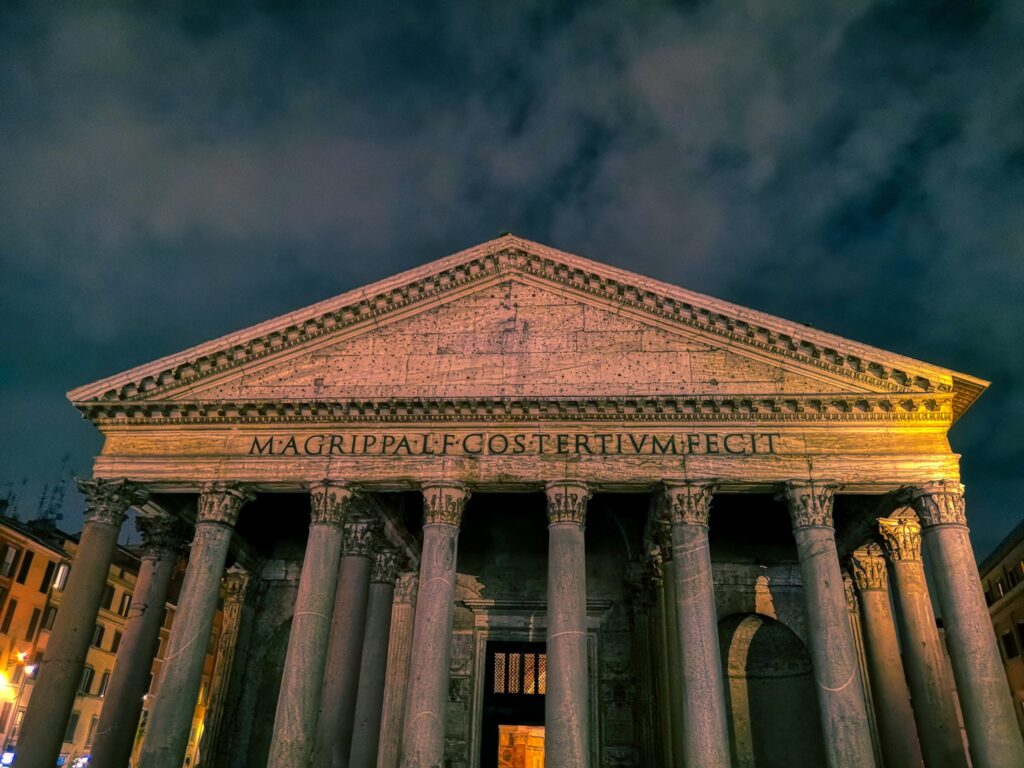
In Italy, there’s this endearing, kinda quirky thing you’ll notice if you spend enough time wandering the streets—these old guys, usually with their hands behind their backs, just standing there, watching construction sites. Like, really watching them. They’re not just glancing as they pass by. These men, called “umarells”, will literally stop for hours to see a road being paved or a building going up. It’s almost like they’re supervising it, though no one asked them to. It’s one of those things that seems funny at first—like, why are they doing that?—but the more you think about it, the more it starts to make sense in this really human way.
So umarell is this word from Bologna, and it’s funny because it originally meant “little man” in a kind of casual way, like an everyday term for an old guy. But over time, it’s become more specific. Now, when you say umarell, you’re talking about these retired men who hang out at construction sites, watching the world literally being built in front of them. It’s become such a thing that you’ll see memes about it online, like these old guys offering unsolicited advice to the workers or pointing things out like they’re the foreman. It’s hilarious, sure, but also kind of sweet.
And you know what’s wild? It’s not just a local Bologna thing anymore. Umarell has gone national. People all over Italy, from north to south, have embraced the term. It’s like everyone knows an umarell or has seen one. In fact, it’s such a big deal now that some cities have started recognizing these men in official ways. No joke—places like Milan have actually set up benches and plaques near construction sites dedicated to the umarells who frequent those spots. They’ve even created little programs where these guys get recognized for their “work,” standing there, watching progress unfold. It’s all in good fun, of course, but there’s this underlying respect in it, too. It’s like society saying, “Hey, we see you, we appreciate your curiosity, your interest in how things work.”
But it’s not just about standing there watching bricks being laid or concrete poured. There’s something deeper going on with the umarell. Think about it—these men, they’ve spent their whole lives working, building families, contributing to their communities, and now that they’re retired, it’s like they’re looking for ways to stay connected. Maybe standing at a construction site isn’t just about the fascination with the process of building. Maybe it’s about staying part of the world, feeling useful, even if just by watching. It’s a kind of presence. They’re not working on the site, but in their heads, they’re still part of something bigger.
And there’s this idea that they’ve lived through so much, they’ve seen their cities change, they’ve seen progress happen over decades, and now, they’re just… standing there, observing as things continue to change. In some way, it feels like they’re watching life go by, but they’re still engaged. They’re still there, witnessing the future being built, even if they’re no longer the ones doing the heavy lifting. There’s something really human in that, you know? Just standing there, hands behind their backs, as the world changes around them.
What’s really interesting is how much umarells have adapted to the modern world. During the pandemic, when everything was shut down and people couldn’t go out, you’d think umarells would be lost, right? But nope. In Milan, there was actually a company that set up a livestream of construction sites for the umarells to watch from home. How perfect is that? It’s like the world said, “We know you can’t be there in person, but here’s a way to still feel connected.” And these guys—who maybe weren’t the most tech-savvy before—suddenly had apps and livestreams to stay part of their routine. Even a global pandemic couldn’t stop the umarell from doing what he loves.
And, okay, we laugh about it. The image of this old man just standing there for hours, silently supervising, is kind of funny. But honestly, there’s something really touching about it too. It’s like these men are a living link between the past and the future. They’ve seen so much, and even though they’re not in the workforce anymore, they’re still a part of the rhythm of the city. They still care. They still show up. And maybe that’s the most beautiful part of it—the fact that even when you’re no longer in the middle of things, there’s still value in just being there, in just watching life happen around you.
So the next time you’re walking down the street and you see an umarell—this older guy, standing there, hands behind his back, gazing at a construction site—take a moment to appreciate it. He’s not just a funny stereotype; he’s part of the fabric of the place. He’s someone who, after all these years, still has this deep curiosity about the world and how it works. And in a way, he’s showing us something really important—that there’s always a place for you, no matter your age, and there’s always something worth paying attention to.

